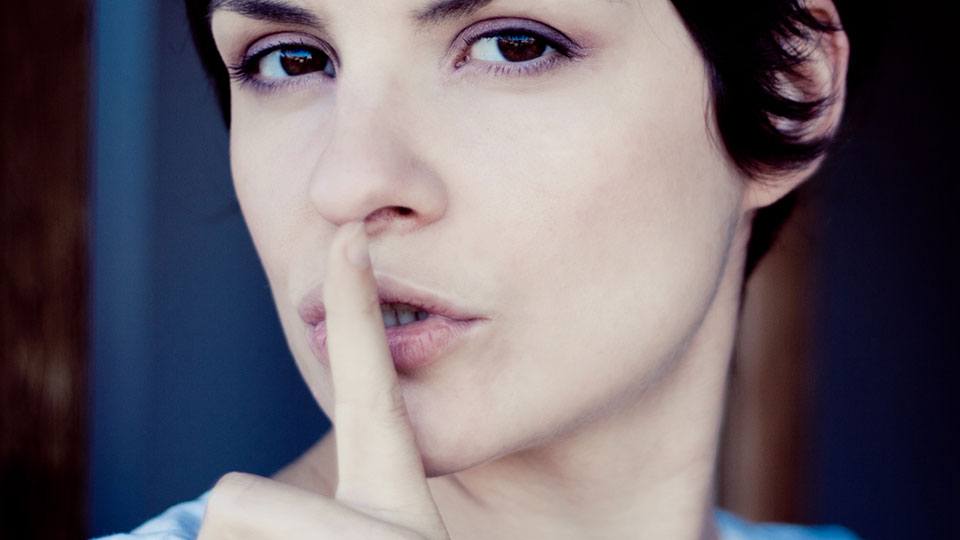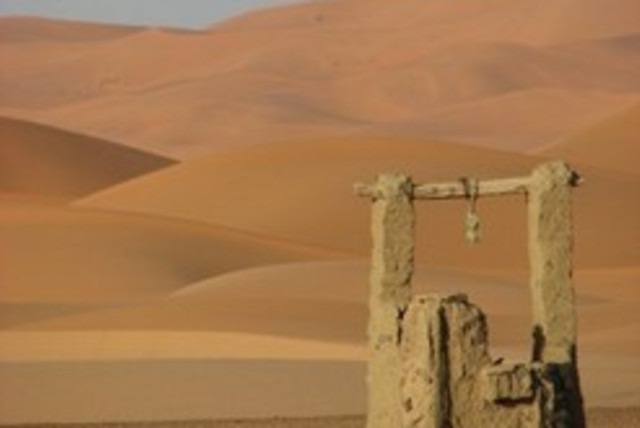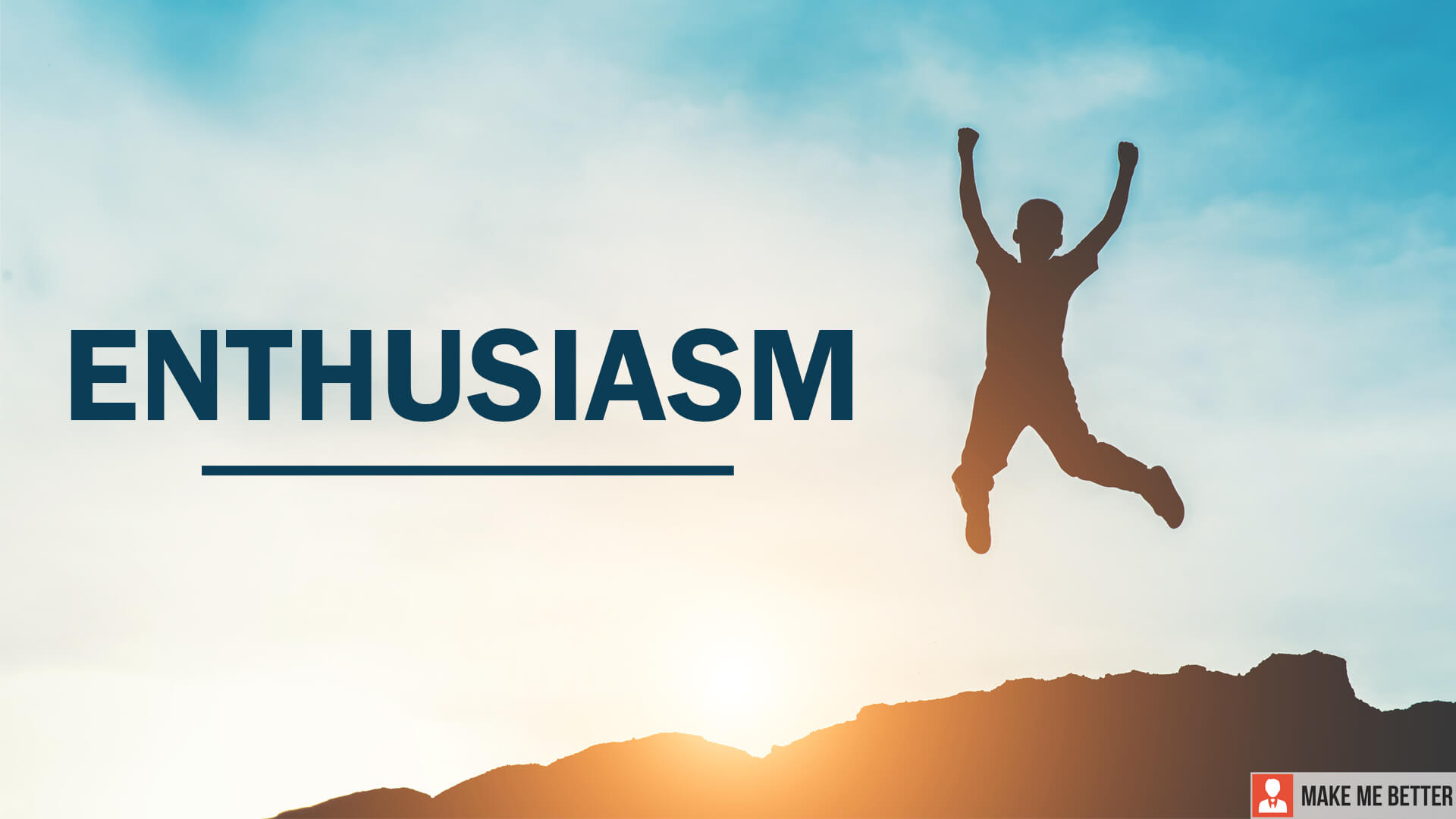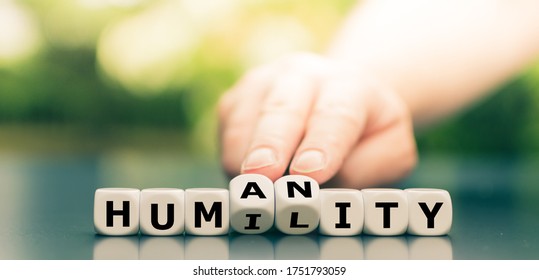On this most sacred day, I’d like to reflect on a classic Talmudic question, namely: what is our tradition’s most essential teaching? For centuries, the Rabbis debated this matter, each making a case for a passage they identified as k’lal gadol ba-Torah—Torah’s guiding principle, which encompasses everything that follows.
One answer comes from the preeminent Jewish philosopher and legal scholar Moses Maimonides, who proposed a verse from the portion we will read at tomorrow morning’s service:
See, I have set before you this day life and good, and death and evil—choose life. . .
Maimonides selected this passage because he considers free will “the very pillar of the Torah and its precepts”; without it, he insists, all the moral demands that God asks of us would be meaningless. Since there is no virtue in doing that which is compelled, where we could not possibly choose otherwise, human freedom underlies everything.
In this argument for free choice as Judaism’s foundational ethic, Maimonides certainly has ample precedent. The Jewish people’s formative experience, which we still re-enact every spring at Pesach, is the Exodus journey from bondage to liberation. As the Haggadah reminds us: “In every generation, it is incumbent upon each of us to see ourselves as if we, too, went out of Egypt.”
Avadim hayyinu, atah b’nai chorin—we were slaves, now we are free.
**********
And yet. . . .
However fundamental freedom may be, it is not an intrinsically good end in its own right. We imperil ourselves when we forget that freedom is ultimately a utilitarian virtue, which is to say, its moral worth depends entirely upon how and when we apply it. In the challenging times we’re living through, it is all too obvious that personal autonomy, for all of its importance, is easily abused—and therefore must sometimes be constrained for the sake of the common good. This is why it is critical to read our “choose life” verse in its proper context, where Moses is addressing the entire community: You stand this day, all of you, to enter together into God’s covenant. He directs his charge not to individual Israelites but to the Jewish people as a whole.
Since that time, our tradition has always balanced personal freedom with communal responsibility. I could cite countless examples but this evening, will offer just a few.
For starters, Judaism strictly limits property rights. For instance, I am not permitted to plant a tree anyplace in my own yard where its roots will eventually spread and damage a cistern on my neighbor’s land. Similarly, anyone seeking to establish a tannery business can only do so at least fifty cubits outside city limits, lest the malodorous pollution inherent in that enterprise diminish other citizens’ quality of life. As Talmud teaches: Kol Yisrael areivim zeh ba-zeh—All Jews are responsible for one another—partners in the brit, our enduring covenant with the Holy One (Shevuot 39a).
That’s why throughout this Yom Kippur we will, as always, confess our failings in the plural:
Al cheyt sh’chatanu—For the transgressions that we have committed.
In both our successes and our shortcomings, we stand together.
This dynamic is evident in the Hebrew term for freedom, cherut. The root of the word means to engrave, as in Torah’s description of the Ten Commandments as charut al ha-luchot—engraved by God upon the tablets. Thus the Midrash teaches: “Read this as the real source of freedom, for no one is truly free except the one who lives the way of Torah.” As Rabbi David Hoffman understands this passage:
Relationships limit our freedom. Lovers, friends, mothers and daughters, fathers and sons—every human relationship that we freely enter into. . . limits our choices and inevitably comes with responsibilities. And yet we choose to voluntarily enter into these relationships, because ultimately, we believe that a life lived in relationship, deeply connected and responsible to someone, is more meaningful than a life lived where we may possess the unconstrained freedom to act.
**********
Why does our tradition lean so strongly into communitarian ethics that balance personal autonomy with collective obligation? Because after three thousand years, we’re all too aware of the alternative. The Rabbis spoke with wisdom born of experience when they taught: Pray for the welfare of the government, for without it, people would devour one another alive (Avot 3:2). They knew that freedom without responsibility inevitably descends into anarchy, where life is, in Thomas Hobbes’ memorable description, “solitary, poor, nasty, brutish, and short.” For a biblical glimpse of such a merciless society, one need only peruse the book of Judges, with its terrible tales of rape, murder, and civil war, since, in the absence of laws to protect the populace, everyone did what was right in their own eyes.
In a world without significant limitations on individual freedom we are all like the passengers on the proverbial boat where a man sees it as his prerogative to drill a hole beneath his own seat, thereby sinking the entire ship. If we fail to constrain absolute autonomy for the sake of the common good, we will all go down together. Judaism recognizes and respects this reality.
**********
For most of its history, albeit imperfectly, America did, too.
Founding Father Thomas Paine decreed, “He that would make his own liberty secure must guard even his enemy from oppression, for if he violates this duty, he establishes a precedent that will reach to himself.”
Justice Oliver Wendell Holmes famously recognized that free speech does not grant one the right to cry fire in a crowded theater, and legal philosopher Zechariah Chafee noted that “your right to swing your first ends where my nose begins.”
We, too, have zoning ordinances that constrain individual actions that diminish the neighbors’ welfare.
And the United States has a proud history of citizens who have made significant sacrifices for the public good. Just a month before I was born, President John F Kennedy spoke to that ethos in his inaugural address, where he urged his fellow Americans: “Ask not what your country can do for you—ask what you can do for your country.”
Alas, these sentiments now feel like quaint remnants of a bygone era. Our disastrously failed response to the pandemic reveals that America is profoundly sick, and not only with COVID, which is a terrible symptom of the larger, moral malaise of hyper-individualism and unmoored freedom that trump and trample the common good. Our once beautiful national ideal of liberty is reduced to the equivalent of a toddler in a tantrum whining, “You’re not the boss of me.”
Nowhere is this sad state of affairs as evident as here in Idaho, where even as we speak, half the population is effectively boring holes in our collective boat, and those politically-empowered to lead cower from their most elemental calling to secure the well-being of their constituents.
This state of our nation, and even more, our state, is insanity. As Kwame Anthony Appiah wrote in the Wall Street Journal: “There may be something uplifting in ‘Give me liberty or give me death’ as a slogan. ‘Give me liberty and give them death,’ not so much.”
As Appiah notes, this myth of unfettered freedom is a monstrous delusion. Pointing to the open road as the iconic image of American liberty, he asks:
But what does it take to roll on down the highway? Well, a highway for starters. The federal government built the interstate highway system, using its constitutional prerogative of eminent domain hundreds of thousands of times to keep it straight, while collecting taxes to pay for its construction and maintenance. And then you can only speed down your lane because you know that the other cars are moving in the same direction. Governmental power, exercised through a veritable trailer-load of law, is what makes it possible to keep truckin’ on.
The right rules are a condition of liberty. Just as the blissful freedom of the road requires measures to pave those roads, sensible public health measures—like mask-wearing rules, which protect both the individual and the commonweal—don’t compromise liberty; they advance it. The uncontrolled spread of infectious diseases gets in the way of fulfilling your goals and managing your life without interference. Bluntly put, there’s precious little freedom in the sick ward, and still less in the graveyard. . . . That’s why, in many places today, the true face of freedom wears a mask.
**********
The true face of freedom wears a mask.
Indeed. For left unchecked, our infantile notions of autonomy unbound by communal responsibility will destroy civil society as we know it. It’s not just COVID; racism, misogyny, hunger and homelessness, xenophobia, antisemitism, gross economic inequity and, above all, cataclysmic human-caused climate change all demand collective action. We cannot solve any of these social ills until we, as a nation and as a world, come to see that the welfare of each and every one of us is inextricably bound to that of our neighbors, and that of the strangers on the other side of the globe as well. As Dr. Martin Luther King eloquently summed it up: None of us is free until we are all free.
**********
We might begin to turn toward this monumental task is by recognizing that the problem, like its solution, is bigger than any individual. As Jamelle Bouie wrote in a New York Times op-ed:
Consider the larger cultural and political context of the United States. We still live in the shadow of the Reagan revolution and its successful attack on America’s traditions of solidarity and social responsibility. . . This is the society we have built, where individuals are left to carry the burdens of life into the market and hope they survive. This so-called freedom is ill-suited to human flourishing. . . . Recently, much has been made of the anger and frustration many people feel toward vaccine holdouts. I share this frustration, as well as the anger at the lies and misinformation that fuel a good deal of the anti-vaccine sentiment. But I also know that anger toward individuals is ultimately misplaced.
When you structure a society so that every person must be an island, you cannot blame people when inevitably they act as if they are. If we want a country that takes solidarity seriously, we will actually have to build one.
**********
To construct that state, that country, that world, we will need a guiding principle. Which brings me back to where I began, with the rabbinic debate over Torah’s most foundational teaching. While Maimonides opted for “choose life,” the ultimate consensus view was first proposed by Rabbi Akiva. His selection also appears in a Torah portion that we will read tomorrow, this time in the afternoon service, from the book of Leviticus. We all know it:
V’ahavta l’rayecha kamochah—Love your neighbor as yourself.
That’s it. Simple to say, hard to live.
But friends, our lives depend upon it, and if our civilization is to endure beyond our own generation, we will have to learn to better fulfill this mitzvah.
Love your neighbors. Act with their welfare in mind, together with your own.
Love yourself and love this precious world that God has given us.
Holy One, forgive us our failings and guide us toward the pursuit of genuine freedom in 5782.
Give us the courage to love and care for our neighbors as ourselves.
Ken y’hi ratzon















